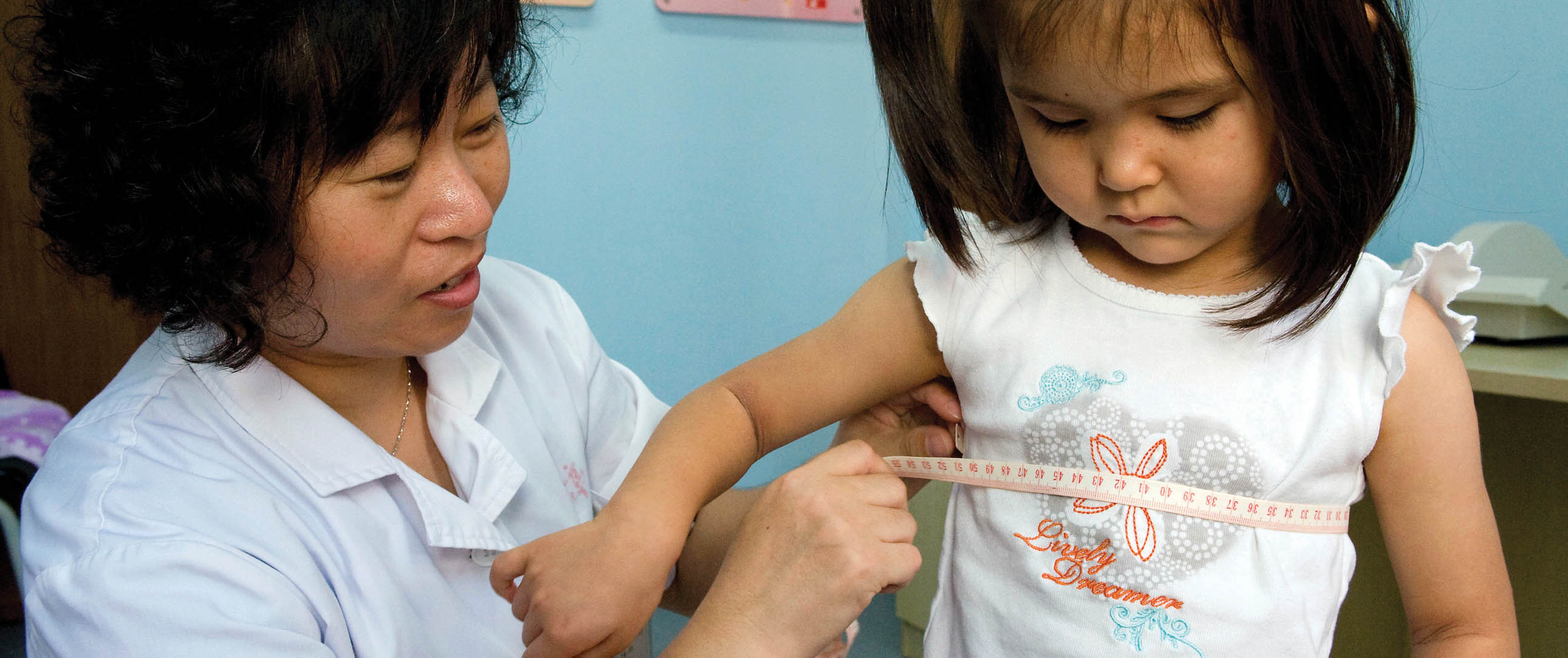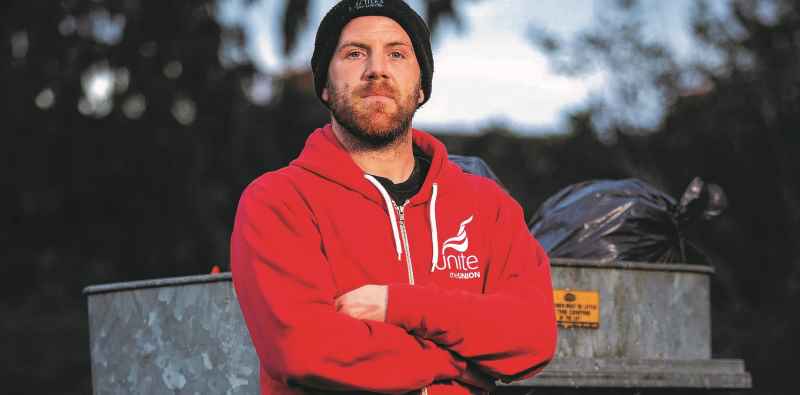Stressed and overworked
Health visitors, who are critical in supporting young families, received a big boost following a largely successful implementation plan that saw their numbers swell by almost 4,000 over the past five years – falling just short of the original government target set in 2011.
But this unprecedented success in an era of austerity obscures what health visitors have been up against as they strive to support a growing number of families with young children, many of whom come from the most disadvantaged groups.
A new survey developed by the Unite Health Visiting Occupational Committee found that the picture for health visitors isn’t quite as rosy as many would believe – and chancellor George Osborne’s latest raft of public health budget cuts, to the tune of £200m, threatens to undo all the gains made to date.
Unite professional officer Dave Munday explained the results of the survey, which revealed a workforce suffering chronic stress and whose perception of the profession is that staffing numbers haven’t been adequate.
“There’s this very mistaken idea that because the health visiting implementation plan was mostly successful, we no longer need to support the profession,” he said. “But our survey reveals what we know to be true – that because of an increase in population and a decrease in associated services, such as children’s mental health, the demand on health visitors has never been greater.”
Indeed, more than half of the 751 health visitors surveyed felt that the number of health visitors hasn’t gone up, with 28 per cent reporting numbers haven’t increased and 26 per cent saying they’d stayed the same.
Renewed challenge
Munday added that despite the much-hailed implementation plan, what’s often missing from the discussion is that the plan merely reversed a massive shortage of health visitors that had been building at an alarming rate. In the ten years preceding the implementation plan, the profession has lost 30 per cent of its capacity.
Now, as the birth rate has surged in the past five years, maintaining an adequate number of health visitors has become a renewed challenge.
Munday highlighted the demanding working conditions health visitors face as they face ever larger workloads.
“Many of our HV members have reported stress – the survey results show that the vast majority attribute the stress to the demand of the job, with many also reporting lack of work/life balance, lack of control at work and a tense work environment as causes of stress,” Munday noted.
“But it’s problematic for many in the health profession to raise the issue of stress to management,” he added. “They’ll say â€Oh, well, everyone is stressed’ and that we should all just get on with the job.”
“But it’s been conclusively proven that those who are happy in their jobs do the best work. Health visitors have critical jobs in helping families to raise citizens of the future, and many of these families come from deprived backgrounds. Dismissing the levels of stress among the workforce is hugely counterproductive.
“Nurses and other health professionals are always called on to be compassionate, but what’s often missing is compassion from employers,” Munday added.
Most worryingly of all, nearly half of the health visitors surveyed said that the chances of a child death, such as that of Baby P, happening in their trust or board was â€somewhat likely’ (37 per cent) and â€very likely’ (10 per cent).
Short-sighted cuts
Munday criticised the looming ÂŁ200m in public health budget cuts, which he argued would have a huge impact on young families up and down the country.
From October of this year, local authorities will commission health visiting services from their public health budgets. With local authorities already facing an unprecedented squeeze on their finances, Munday explained, many unprotected public health services, including health visiting, will face the axe.
“The consultation on the cuts was launched last week,” he said. “And what’s worrying is that the consultation wasn’t on if they should happen, but how. It is a fait accompli.
“The government needs to reverse this decision as it will impact negatively both on health visitor services as they are not â€protected’ from the cuts in themselves and the associated services that support families.”
“Osborne’s cuts are completed short-sighted,” Munday added. “What people forget is that in the medium and long term, these public health cuts will only put added strain on already strapped health and social care services. What we’re saving on now through these rushed through cuts, we’ll be paying dearly for in the future.”
Want to be part of the discussion? Take part in an interactive Twitter debate about the health visitor survey results tonight from 7pm to 8pm at #CPHVAtt.
 Like
Like Follow
Follow


